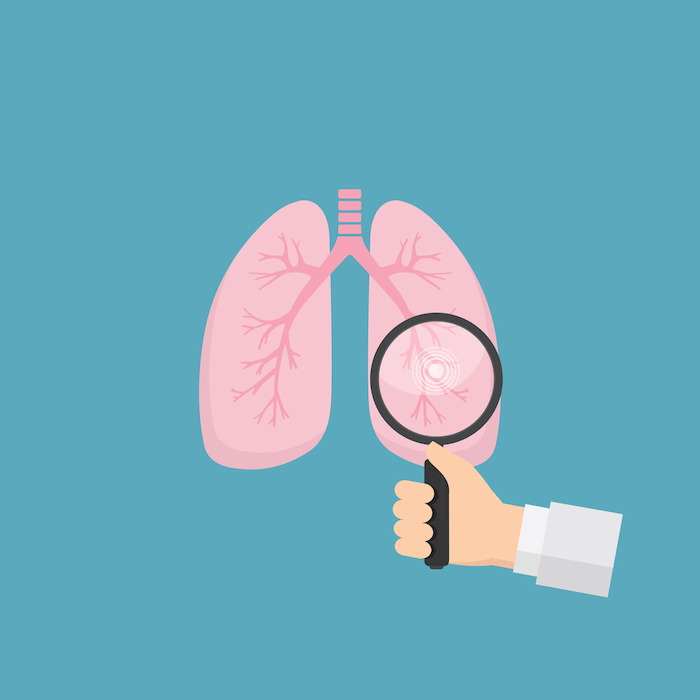News & Articles

EGFR+ Advanced Lung Cancer: Treatment Options & Survival Rate

I am a 55 years old non-smoker, and was recently diagnosed with EGFR+ advanced lung cancer. Please explain what this means in layman, and what treatment options are available for me. What are my chances of survival and cure?
Lung cancer refers to a malignant growth in the lungs, and the diagnosis of cancer is confirmed after a biopsy shows cancer cells. There are four stages of lung cancer, stages I, II, III and IV, and advanced stage usually refers to a later stage of cancer, where the treatment intent is more control and palliative, rather than curative. This usually means that treatment should aim to target all areas affected by the cancer, and local treatment such as surgery may not be so feasible.
There are a few systemic treatment options available for advanced lung cancer currently. They include chemotherapy, targeted treatment, immunotherapy and medications which target the vascular endothelial pathway (VEGF). In the presence of an EGFR (Epidermal Growth Factor Receptor) mutation in advanced lung cancer, the usual recommendation is for first line targeted treatment. The reason being that the EGFR mutation acts like a persistently turned on switch that drives cancer, and targeted medication (EGFR TKI- tyrosine kinase inhibitor- specifically designed for EGFR) will turn off the switch efficiently, and stop the cancer growth.
The response rate to EGFR TKI is approximated in the 80% range, and patients usually begin to feel better within 2-4 weeks of treatment. This may mean less cough, shortness of breath, pain, and improved appetite and weight. There are now three generation of EGFR TKI s available, their mechanism of action is quite similar, although the side effects may vary between the different medications and patients.
First generation EGFR TKI s include Gefitinib, Erlotinib; Second generation medications - Afatinib; Dacomitinib, and the approved third generation medication at the moment -Osimertinib. The more common side effects include dry skin, rash like acne, diarrhoea, and are usually well managed with symptomatic medications such as emollients and anti-diarrhoeal medications.
In less than 10% of patients, more serious side effects may occur, and we monitor patients for toxicities such as hepatitis and pneumonitis. These medications can result in good long term control for an average of 1-2 years, and we now see improved survival of 3-4 years in advanced lung cancer patients with EGFR mutations treated with EGFR TKIs.
In certain patients and situations, patients may also be counselled to undergo chemotherapy, immunotherapy or VEGF. These may enhance the treatment response, either singly or in combination. Radiotherapy may also be useful for palliation of local problems such as pain or hemoptysis.
In conclusion, EGFR mutant patients have currently many available treatment options, and as a result, improved survival.
| POSTED IN | Cancer Treatments |
| TAGS | cancer latest breakthrough, cancer survivorship, chemotherapy, common side effects of cancer treatment, immunotherapy, lung infection, new ways to treat cancer, radiotherapy (radiation therapy), targeted therapy |
| READ MORE ABOUT | Lung Cancer |
| PUBLISHED | 04 September 2020 |
